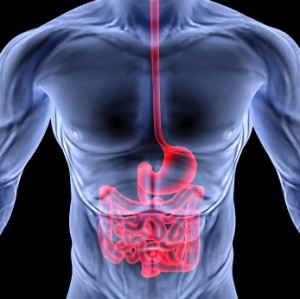An Update on Gastroesophageal Reflux Disease
Recently, the US Department of Healthcare & Quality released a report comparing different treatments for gastroesophageal reflux disease. The first line of treatment is usually medications, which can either be proton pump inhibitors (PPIs) or histamine-2 receptor antagonists (H2RAs). PPIs are the more common of the two and you may have heard of some of them.
The PPIs include:
- Nexium
- Prilosec
- Prevacid
H2Ras include:
- Tagamet
- Pepcid
 Another treatment for GERD includes a type of surgery called fundoplication, which is performed either laparoscopically or endoscopically. The surgery wraps the upper portion of the stomach around the esophagus to prevent acid from backwashing into the esophagus. Fundoplication is most commonly performed laparoscopically, which is a minimally invasive form of surgery. Endoscopic treatment for GERD uses an endoscope (lighted tube) to perform the surgery, but this method has not been found as conclusive or effective as of yet.
Another treatment for GERD includes a type of surgery called fundoplication, which is performed either laparoscopically or endoscopically. The surgery wraps the upper portion of the stomach around the esophagus to prevent acid from backwashing into the esophagus. Fundoplication is most commonly performed laparoscopically, which is a minimally invasive form of surgery. Endoscopic treatment for GERD uses an endoscope (lighted tube) to perform the surgery, but this method has not been found as conclusive or effective as of yet.
The results of the study found that there was not much difference between medical treatment and the two surgical options. Patients who had surgery showed improvements in GERD symptoms, yet many still needed medications to treat GERD.
Due to the difficulty in treating GERD, patients need to discuss the proper treatments with their doctor that will be most manageable in their lives. Important factors include:
- Severity of symptoms
- Age
- Patient compliance for long-term therapy
- Willingness for surgery
Stay posted for tips on minimizing the symptoms of acid reflux and GERD through diet and lifestyle.
(2845)